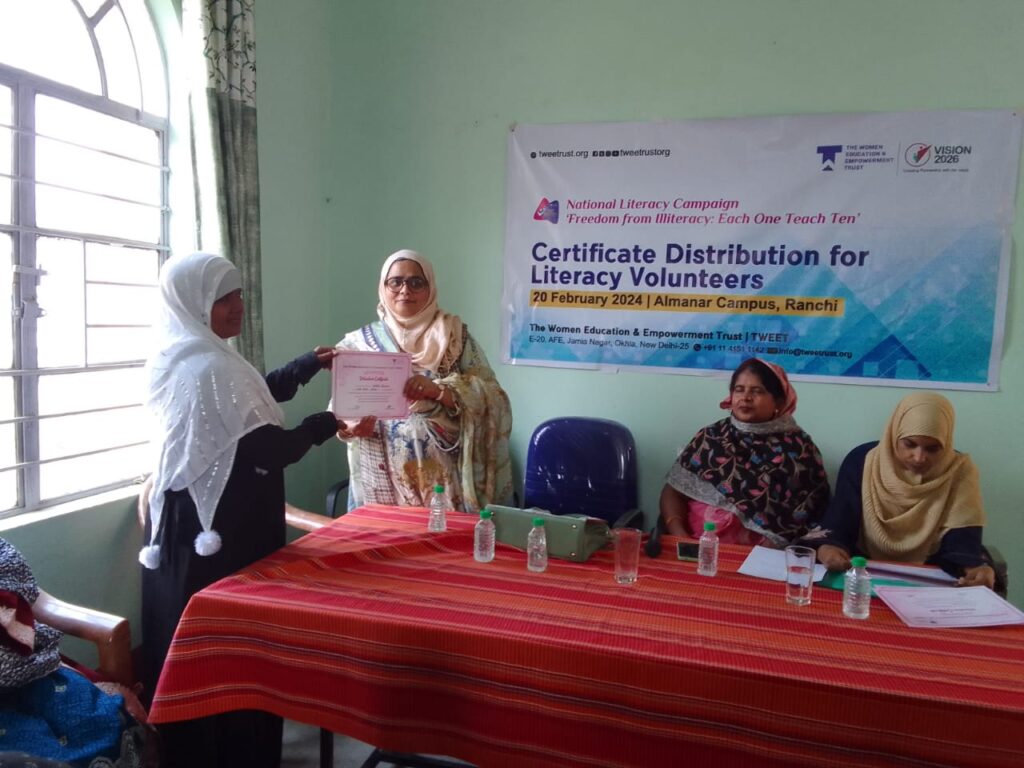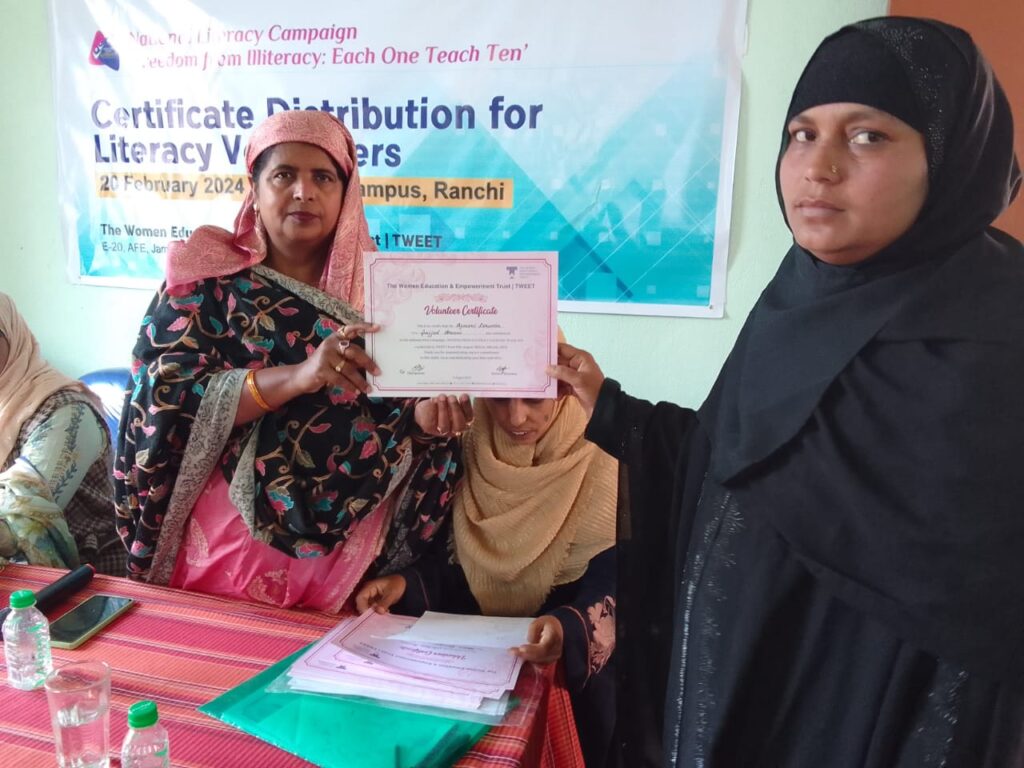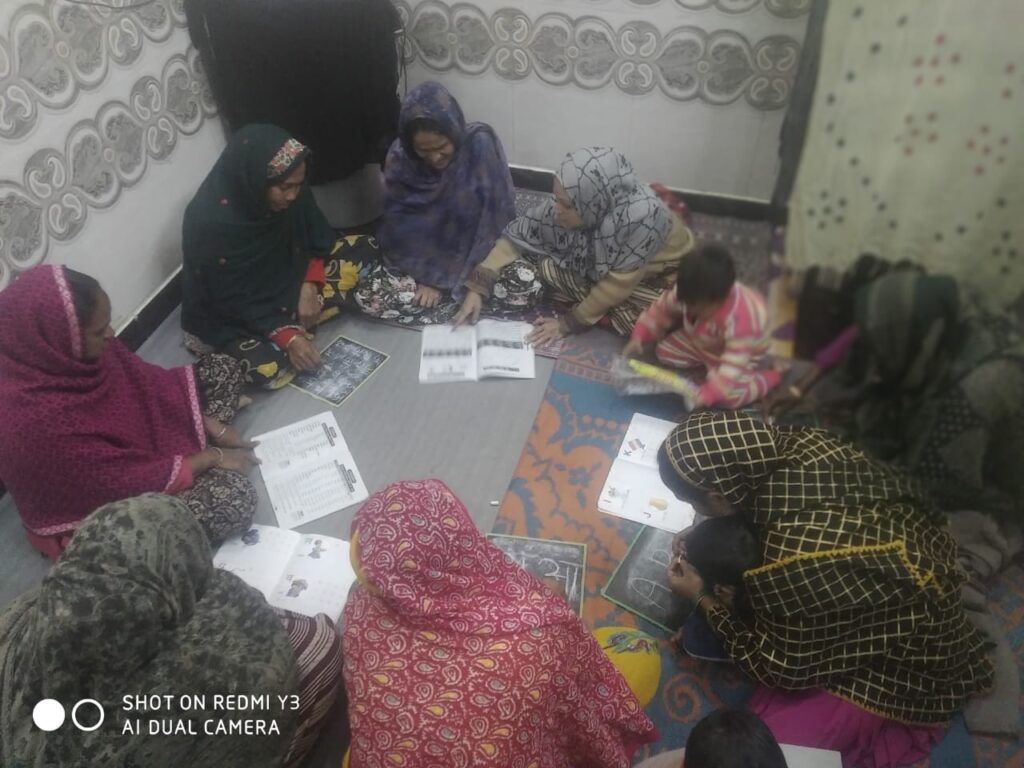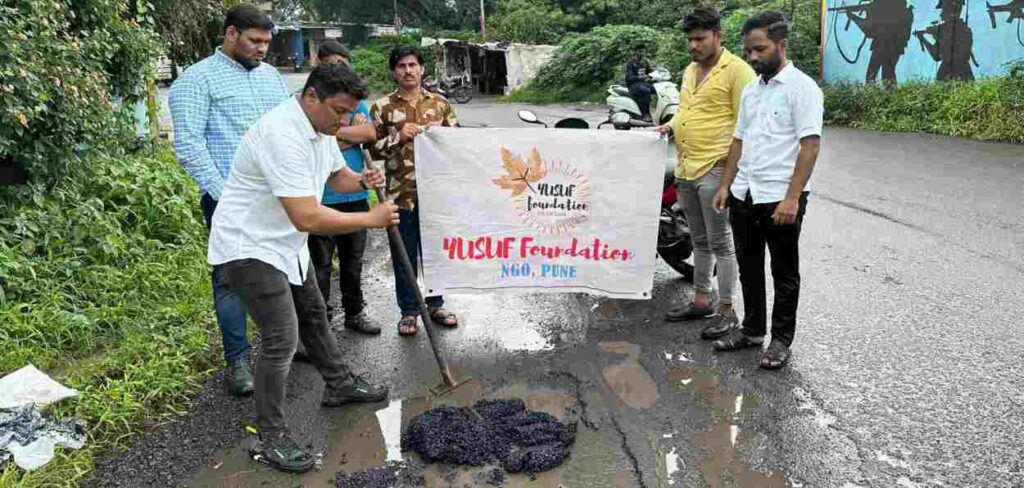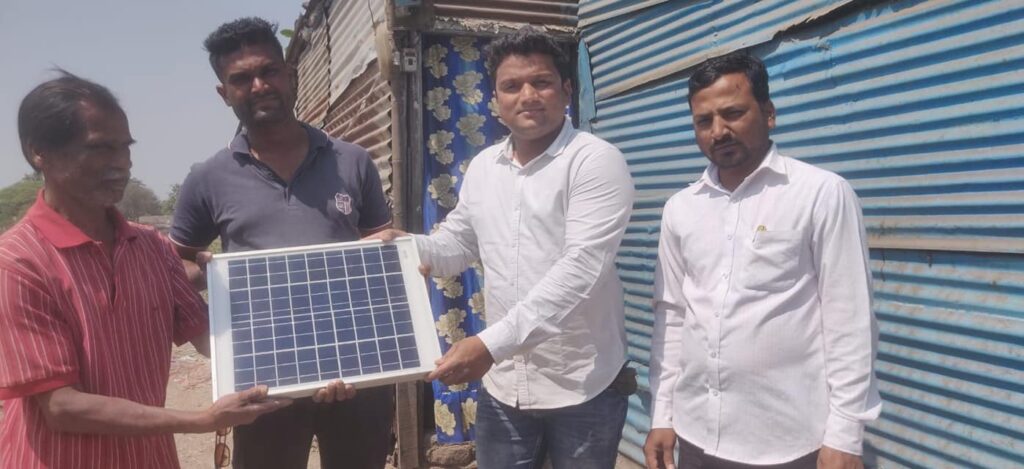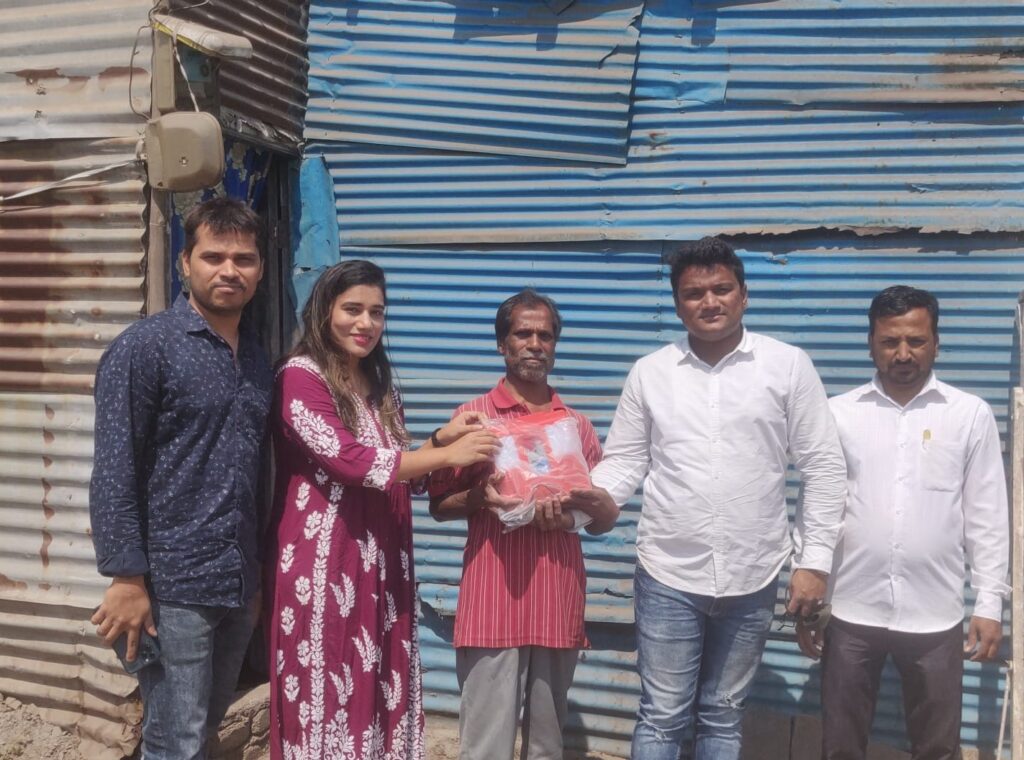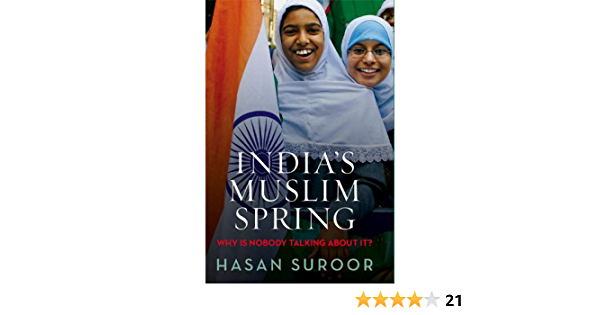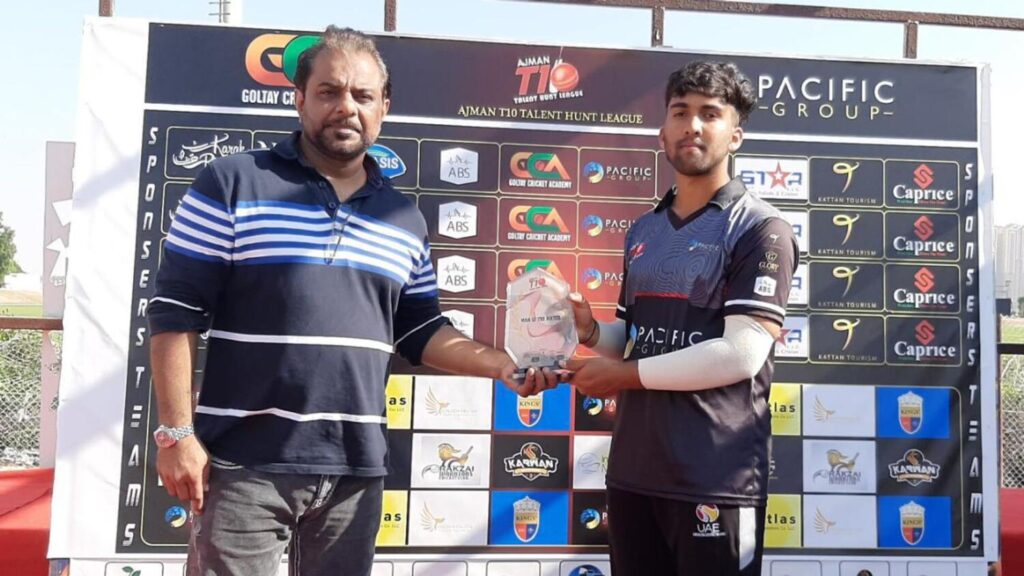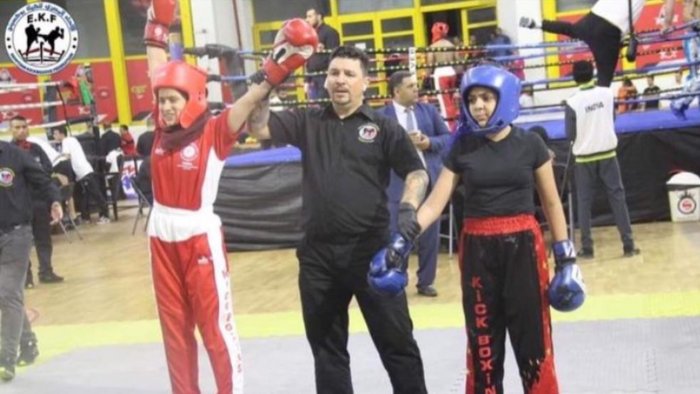Darbangha, BIHAR:
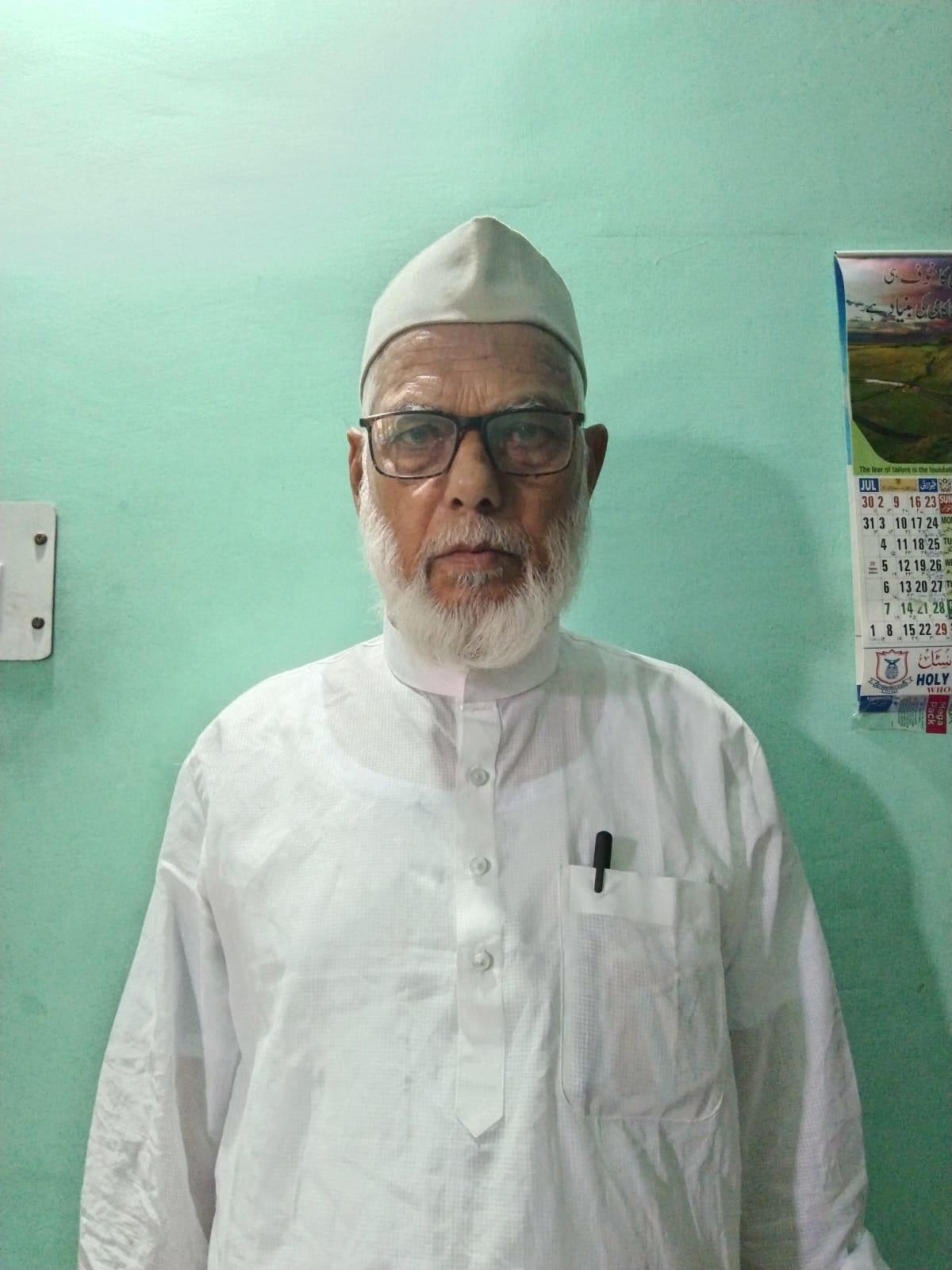
I was in grade 7 or 8 when Wasi Ahmed Shamsi sahab joined B D Y High School as an Urdu and Persian teacher. Tucked away on the bank of a pond and surrounded by cultivable land and greenery, the school in rural Darbhanga was like a sanctuary, a gurukul. Away from the din and bustle of a populated location, the school was emotionally attached to people in neighbouring villages though it kept a physical distance from them.
Though the tiled roof leaked in monsoon and wall plaster had peeled off at places, giving the whole structure an impoverished look, we regarded the school as a boon. It was a privilege to be at this school which had earned a reputation for discipline and churning out good students.
The school nurtured dreams and helped shape many destinies.
It was in that positive ecosystem that Wasi sahab joined the team of a dozen or so teachers. Clad in white kurta-pajama with the skull cap covering his head, he did not wear a long beard. Like his appearance, Wasi sahab was not very orthodox in thinking too. Since he was educated at Madrassa Shamsul Hoda, Patna, one of the oldest Islamic seminaries of Bihar, he had imbibed many values which orthodox maulvis would disapprove of.
Since my father and Wasi sahab were colleagues though they taught different subjects, they had a cordial relationship and they shared a lot of things, especially about progress of their children.
Wasi sahab had spent years in urban set up before he took transfer to a school close to his village. He wanted to work for his people and therefore he got transferred from a school in Madhubani.
He was fond of reading newspapers and magazines and had even set up a library at his home. The fact that his nephew Abdul Bari Siddiqui, a senior member of Lalu Prasad Yadav’s RJD and a former minister had also built his house in the same mohalla where Wasi sahab lived enhanced Wasi Sahab’s stature. Many of those who visited Siddiqui sahab invariably visited Wasi sahab too. After all, he was a reputed teacher, a wise man, a man of letters, a concerned citizen.
Wasi sahab valued journalism and would “console” my father whenever he despaired at my choice of career as a journalist. If I learned my Ghalib and Iqbal a little early, credit goes to this good teacher who made his lectures interesting. He would ask us to read books beyond what was prescribed in the textbooks. Since I often saw him reading–books, magazines, newspapers–I unknowingly emulated him. He helped create in me a hobby for reading. He was happy that I chose to become a journalist.
After retirement, Wasi sahab undertook a herculean task of writing a book on people of his ilaqa (locality) who had made a mark in life.
One summer evening I visited his village home. Clad in just lungi and gunjee (vest), with a ceiling fan whirring overhead, I saw this then septuagenarian retired teacher writing furiously on his pad. Surrounded by books and papers, he was figure of a wordsmith who thought he had little time left on this earth. Age and health issues, especially diabetes, made him restless. He wanted to complete the project he had embarked upon as soon as possible. He wanted to finish the book before the final call came.
Our telephonic discussions were long. I had encouraged him to complete the project before it was too late. Concerned about his health, I would tell him not to exert himself too much as he would fall ill often. Finally, he completed the huge volume he had spent countless hours on. The bulky book in Urdu carries life sketches of many famous personalities Wasi sahab had met at different stages in his life. I was pleasantly surprised to see that he had devoted a few pages writing about my family too, especially the struggle of my father to educate his children. Wasi sahab valued education and had great regards for those who endeavoured to educate themselves and others.
When some of my friends held a discussion on my book “Aligarh Muslim University: The Making Of The Modern Indian Muslim” at Dr Zakir Hussain Teachers’ Training College, Darbhanga, he was kind enough to attend it. And he spoke eloquently about AMU’s contribution and my humble efforts to record some of the fine features of AMU.
I remember, years ago, he had organised an educational conference in his village where the famous Urdu journalist of Patna Ghulam Sarwar who later became a minister too was invited as a chief guest. It is also because of Wasi Sahab’s efforts that Ghulam Sarwar, a great orator, had attended our school’s annual Jalsa- a-Seeratul Nabi function. The headmaster late Ramswaroop Yadav had made a rule that Muslim students would hold Seerat Jalsa, in honour of the holy Prophet, while Hindu students would celebrate Saraswati Puja. Interestingly, both Hindu and Muslim students would participate in one another’s functions. Remarkably, my father, a devout Muslim, would be made in charge of distribution of prasad or sweets as gifts to the visitors at the annual Saraswati Puja. What a great example of communal harmony the school had set?
Koi lauta de woh din for se mere pyare Hindustan mein!!
Of late,Wasi sahab was not keeping well. Despite his poor health, he wanted to bring out an abridged version of his voluminous book. I don’t know if he could complete it or not.
This afternoon I recieved three calls. First, from my elder brother, then from youngest brother, followed by a call from Mujtaba, son of Wasi Sahab. All informed me about the sad demise of Wasi Sahab, my beloved teacher who taught us diligently and honesty. But more than that, he inspired us to strive to excel.
Wasi sahab will be remembered at least for two things–for being an ideal guru, a teach par excellence and for his valuable contribution to writing and preserving the history of the locality he grew up in. He has done a great service to the person of the area. Wasi Sahab now sleeps peacefully among many of his people who preceded him.
Rest in peace, Sir. I will miss you.
Maut uski hai kare jiska zamana afsos/Yun toh duniya mein aye hain sabhi marne keliye
(Death is one which is grieved by the world/Otherwise everyone is fated to die one day).
source: http://www.timesofindia.indiatimes.com / The Times of India / Home> India / by Mohammed Wajihuddin in Beyond the Burqa, Spirituality, TOI / January 07th, 2024
